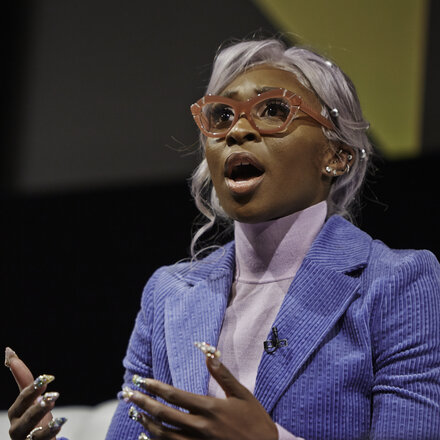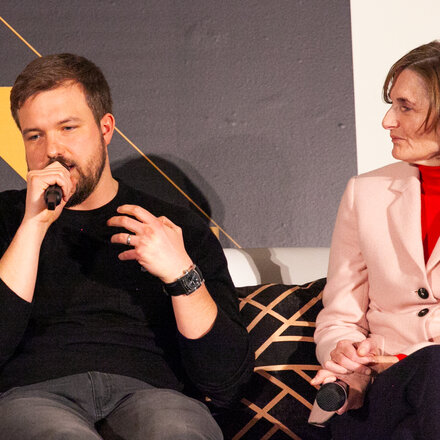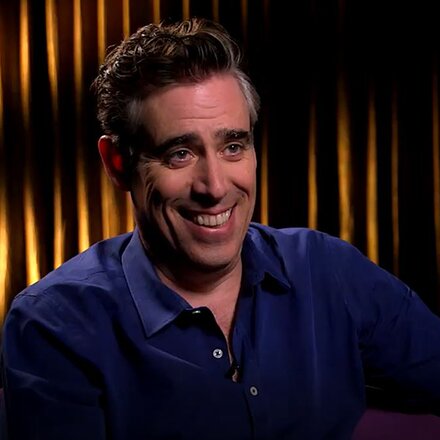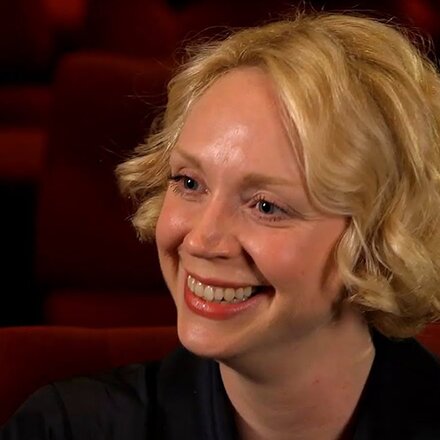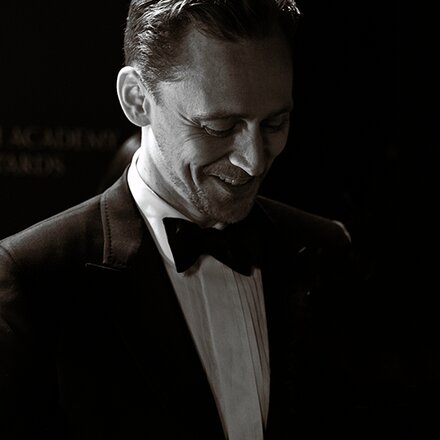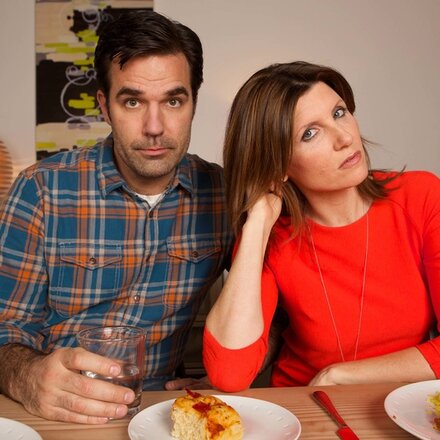What first inspired you to get into your craft?
I watched far too many TV shows and films as a kid and may well have rotted various parts of my brain as a result, but I had a very good time doing it, and subsequently tried to find a way to carry on doing that and also get paid for it.
How did you first break into the industry?
I don’t really think of writing and performing as an ‘industry’ in the way that say, shipping or car manufacturing are industries; most of the time I work with the same few people and don’t have much contact with TV channels and the people that run them.
The first shows I performed in and wrote for were at the Edinburgh Festival. That’s where I got representation and first met people who liked what I was doing. Edinburgh’s been massively important for me, because it forced me to work towards a specific deadline (without which I wouldn’t have got anything done) and allowed me to see a huge number of exciting and inspiring shows.
Which professional figure in your field do you find the most inspiring?
I love Trey Parker and Matt Stone and greedily seek out new episodes of South Park. They’re able to take apart modern politics and sensibilities with more precision and humour than anyone else. In this country, I really look up to Sam and Jesse, who write Peep Show and created Fresh Meat, which is awkward ‘cos I see quite a bit of them these days.
If you hadn’t managed to break into your field, what was your plan B?
No idea. I’ve never really had a plan A or B. I’ve just worked on things that excited me, with people I trusted and hoped for the best.
What single piece of advice would you give to a young person trying to break into your discipline and get noticed? How do you stand out from the crowd?
With writing, the only advice I can really give is to write as much as you can and not to be content with your first draft. Getting noticed isn’t in your control, and attempting to influence that may well mean writing things that you think people might want to read, rather than things you believe in, so I wouldn’t recommend that. You spend a lot of time on your own as a writer, so it’s important to really love the stuff you’re writing.
Were there any people who supported/mentored/championed you in the early stages of your career? How important are these kinds of relationships?
Not really. I know it sounds a bit churlish to say that but I didn’t really have any mentors or champions early on because I was working exclusively in live comedy and comedians don’t really get anything like that. You have to pay to put on Edinburgh shows and you succeed or fail entirely on your own. Audiences make you learn quicker than schemes or patronage in my opinion.
There are people I’ve collaborated with several times who have been really good to me. Working with Tim Key is always enormous fun. Simon Pearce, who runs ‘The Invisible Dot’, is an unadulterated force for good in comedy and theatre. I love working with Sam and Teddy Leifer who run Rise Films, and Judy Counihan, who exec-ed Fresh Meat and Rick and Peter (both for Channel 4), has been really supportive of me and my writing in the last couple of years.
How do you think the TV industry will change in the next few years?
No idea. I guess TVs will get flatter and definition will get even higher. All you can really hope for as a writer is that TV channels don’t dictate the sort of shows they want, but commission the best scripts. It doesn’t matter if people are watching stuff on their phones or on their watches or whathaveyou, broadcasters taking risks on good writing is the only thing that counts.

